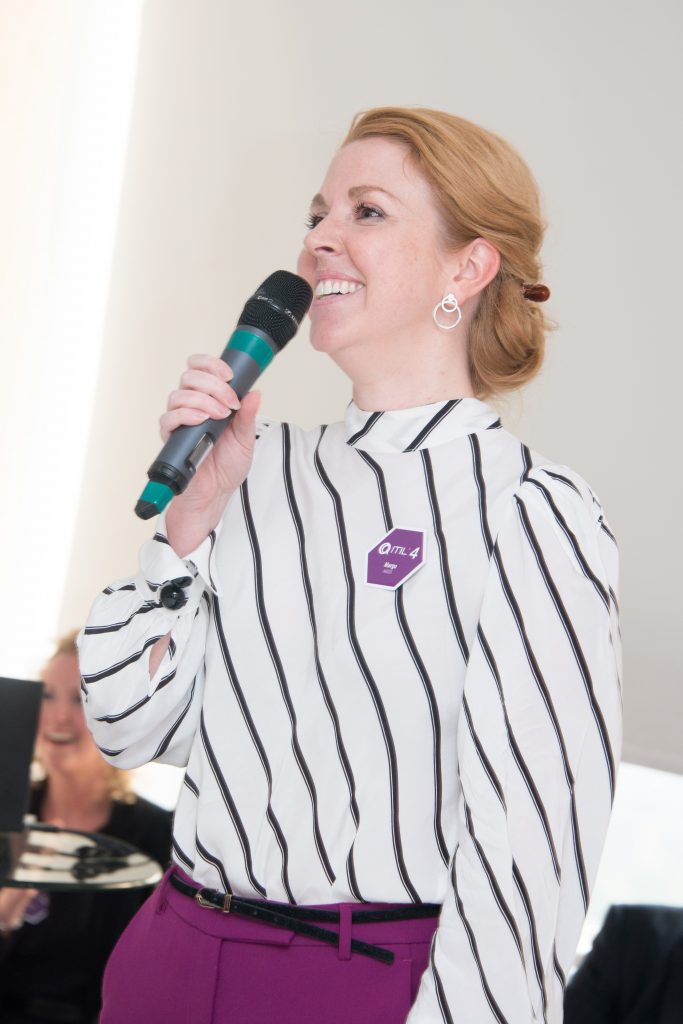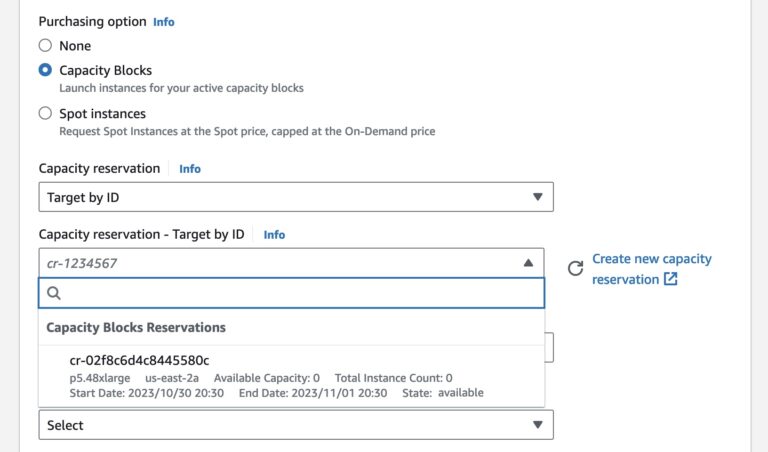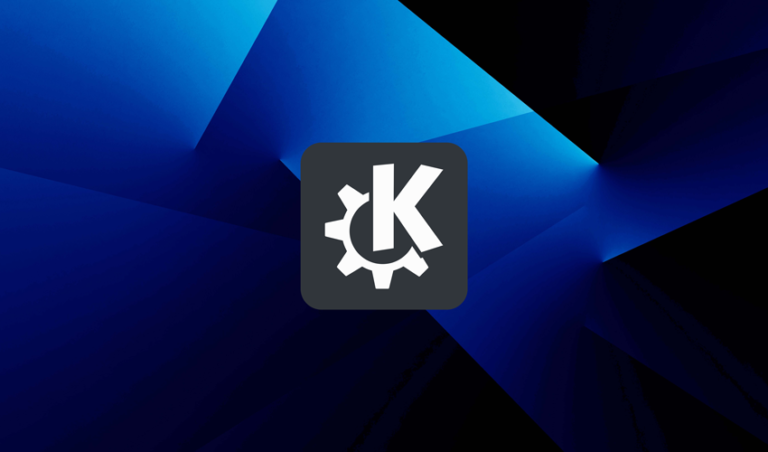
The ITIL framework – the acronym being retained from its former description of Information Technology Infrastructure Library – is focused on aligning IT services with the needs of businesses, including activities such as IT service management (ITSM) and IT asset management (ITAM).
Since 2013, it has been owned by AXELOS, a joint venture between Capita and the UK Cabinet Office. As the company puts it, its role is to be ‘responsible for developing, enhancing and promoting a number of best practice frameworks and methodologies’.
The release of ITIL 4 in 2019 represented the first major update of the framework in more than a decade – and as a result, it is important for companies to know where they stand and what they can do.

Ahead of Digital Transformation Week from April 20-22, CloudTech spoke with Margo Leach (left), chief product officer at AXELOS, around her career journey and the potential impact of ITIL 4 on enterprise IT.
CloudTech: Hi Margo. Tell us about your career to date and your role as chief product officer at AXELOS?
Margo Leach: I started my career in marketing and then moved naturally into product in the mid-2000s, when digital started to really become a focus across many industries. I was involved in a lot of transformation projects within the publishing industry. I became familiar with – and used – best practice methods like PRINCE2, ITIL and SCRUM throughout these projects. I became chief product officer at AXELOS in 2017, and am responsible for our portfolio of best practice and all related services, including certifications, digital platform and value added services for our partners and customers.
CT: Could you briefly outline the AXELOS Global Best Practice portfolio, which elements are most popular/important to IT/security professionals and why?
ML: Our two flagship best practice methodologies, ITIL 4 and PRINCE2, are adopted by a vast number of organisations, and are considered critical to the delivery of IT operations and large IT projects. One of the most common job roles that seeks out certification in ITIL is actually project manager. This illustrates the important cross-over between these functions and for the delivery of successful IT change projects.
Transformation is such a huge thing right now (and has always been), and this usually involves a large programme of work. Our programme management framework – Managing Successful Programmes (MSP) would be a great option for people working in IT, who need to understand large programme delivery.
CT: What impact is the ITIL 4 framework having – and what impact will it have in future – on enterprise IT?
ML: ITIL 4 has been incredibly well-received, with organisations quickly recognising the importance and usefulness of some of the new elements – in particular the guiding principles, which bring in the cultural aspects that are critical to successful transformation, e.g. transparency; focusing on value; continual feedback; etc.
ITIL 4 has been specifically designed to better facilitate the alignment between business and IT (because IT is part of the business!) to ensure everyone is pulling towards the same goals. It puts the customer at the heart of everything, and even covers things like user journey mapping and service blueprints, which are critical to ensure your service delivers an exceptional customer experience, end to end.
CT: AXELOS is gradually sunsetting its ITIL 3 support later this year. Are we in a period of fluctuation for the industry right now? What do companies who are worried they won’t be able to change in time have to do?
ML: The concepts of ITIL v3 are still relevant, and the core fundamentals of service management have been carried into ITIL 4. Organisations that have adopted v3 will recognise a lot in ITIL 4. However, the rapid speed of change and the digital era we live in meant that there was a need to evolve the framework. ITIL 4 supports practitioners and organisations in being more agile, more customer-focused, and helps them adopt new ways of working to improve their service delivery.
For those who are looking to transition their certifications, there’s still time to complete the ITIL v3 Intermediate level certifications and accumulate enough credits to qualify for the Transition examination. You’re still able to book training or examinations for ITIL v3 until 1 January 2022. And if you want to book the transition exam to move from v3 to ITIL 4 Managing Professional, you can do so until 1 July 2022.
CT: Which industries are most popular with AXELOS solutions and why? Is there a particularly interesting customer/case study you could share with our readers?
ML: We conduct a large user survey every year to ensure we continue to keep the customer at the heart of everything we do. What this consistently shows us is that we have an incredibly diverse customer base. Some of the call-out industries are technology (I imagine you guessed that one!); financial services; consultancies and other professional services; governments; and education. The issues organisations are grappling with around IT and digital transformation, are experienced across all industries.
We have quite a few case studies published on our website (readers can check these out here) with some recent ones being Vodafone, CERN, and the City of Pittsburgh).
CT: What will AXELOS be participating in during Digital Transformation Week and what can event attendees learn?
ML: I’m participating in the panel discussion about enabling your organisation’s digital transformation journey, which I’m very excited about.
We’re also a gold sponsor, which means we have a space on the Digital Transformation Week platform. Our in-house experts will be live on the platform, inviting discussions with any organisations that are embarking on their own transformation journey, and looking to use proven best practice to help them reach their goals.
Photo by David Pisnoy on Unsplash

Want to listen to Leach and other senior executives and thought leaders around enabling digital transformation for your business? Register for Digital Transformation Week, April 20-22.






